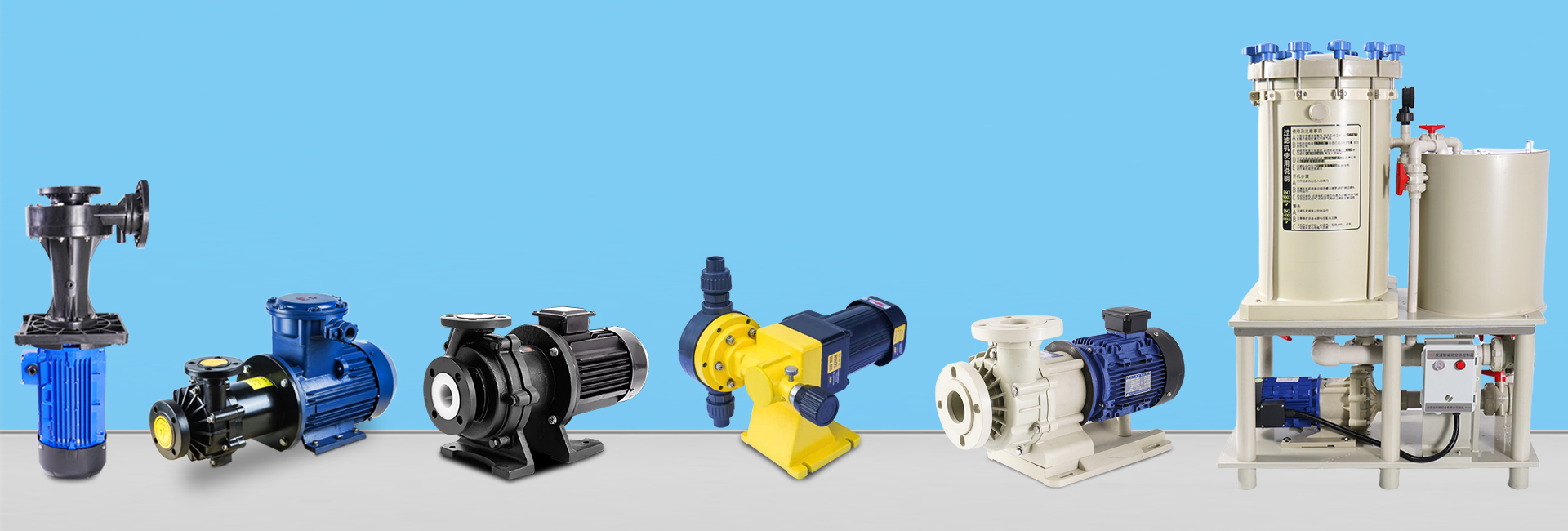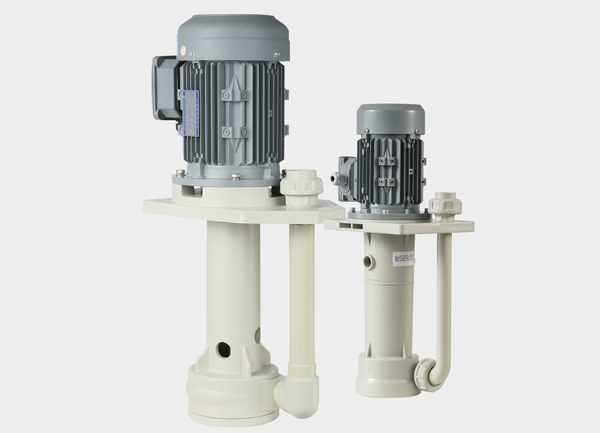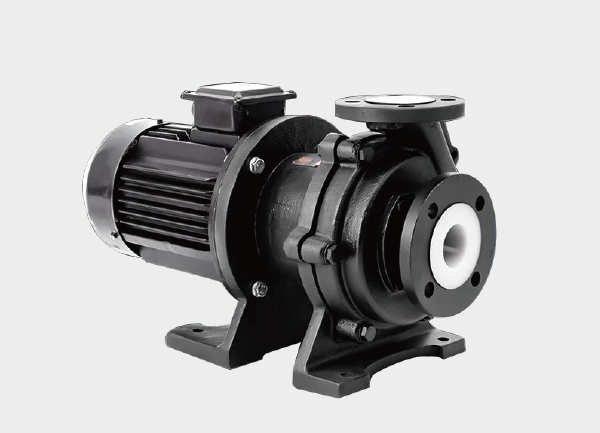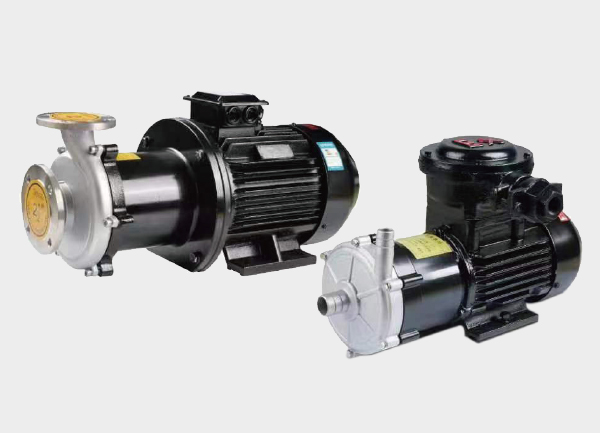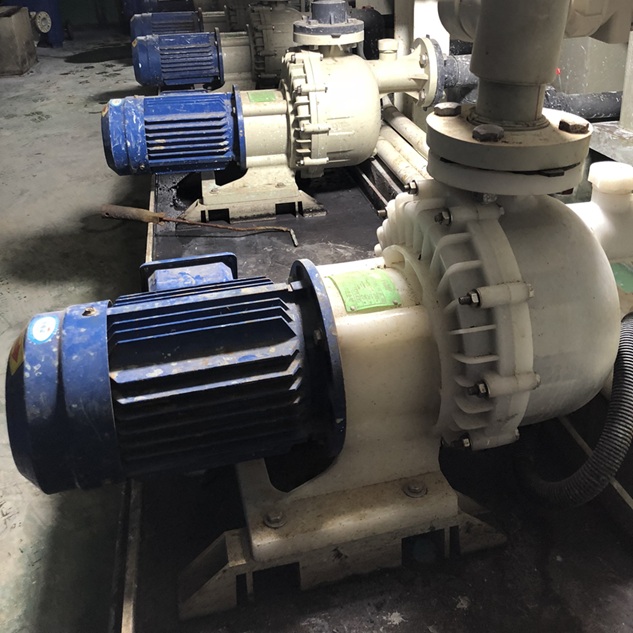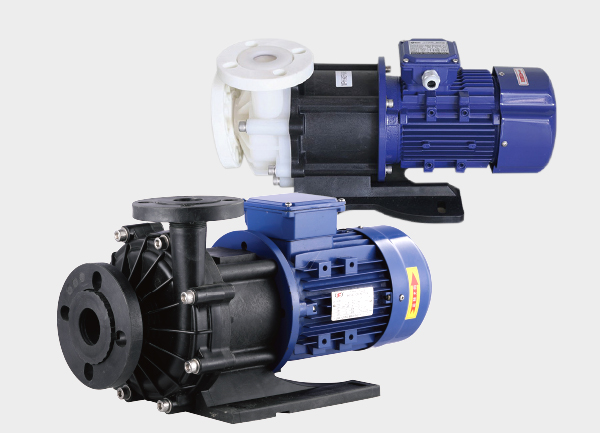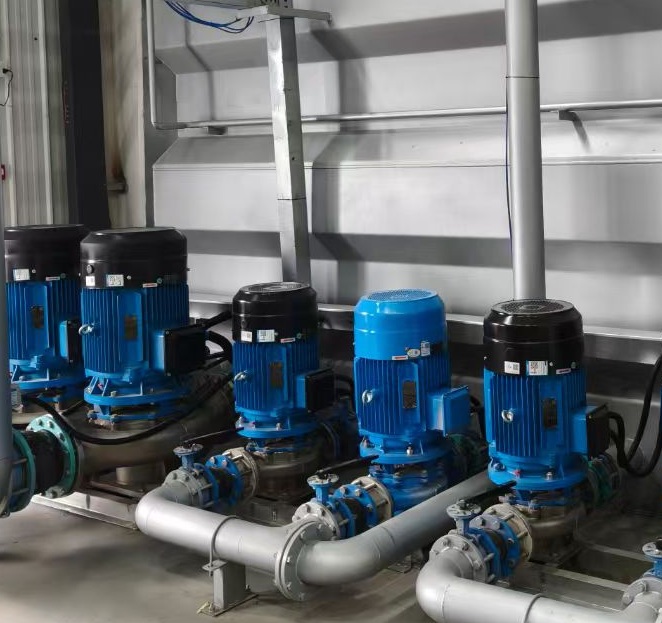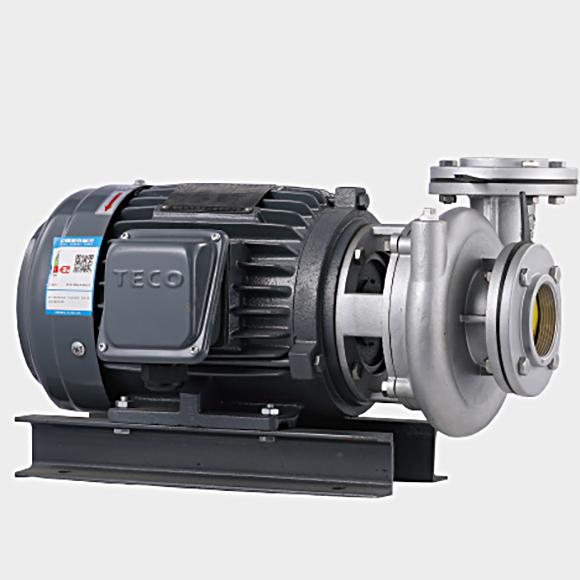1. Definition and Key Features
Industrial self-priming pumps are designed to automatically draw and transfer liquid without manual priming. They are particularly suitable for high-corrosion, high-solid-content, or high-temperature industrial fluids.
Key Features:
Automatic priming for easy startup.
Applicable across chemical, power, mining, metallurgical, and environmental industries.
Low maintenance costs due to optimized design.
High reliability for continuous industrial operation.
2. Working Principle
Vacuum generation in the pump chamber: High-speed impeller rotation creates centrifugal force and a low-pressure zone.
Liquid suction into the pump body: Liquid enters the pump chamber under negative pressure.
Gas discharge and continuous delivery: Internal air is expelled, forming a stable flow for ongoing industrial transfer.
This principle ensures fast startup and high-efficiency delivery in industrial pipeline systems.
3. Types of Industrial Self-Priming Pumps and Applications
Self-Priming Water Pumps
Applications: Industrial process water, cooling water, circulating water.
Features: Stable flow, reliable structure, suitable for clean or low-corrosion fluids.
Self-Priming Centrifugal Pumps
Applications: Chemical process lines, energy system circulation, industrial fluid transfer.
Features: High flow, high head, efficient, ideal for long pipelines.
Self-Priming Trash Pumps
Applications: Chemical wastewater, mining slurry, metallurgical effluent.
Features: Wear-resistant, corrosion-resistant, anti-clog design, capable of handling solids.
Multi-Pump Systems (Self-Priming Pumps / Water Pumps / Trash Pumps)
Applications: Large-capacity, multi-point industrial systems.
Features: Parallel or series operation increases system flexibility and reliability.
4. Selection Guidelines
Fluid characteristics: Corrosive properties, particle size, temperature, viscosity.
Flow and head requirements: Match pump to industrial process demands.
Pump material: Use corrosion-resistant alloys, stainless steel, or engineering plastics.
Sealing and anti-clog design: Essential for solid-laden industrial fluids.
System compatibility: Ensure integration with piping and automation control systems.
5. Typical Industrial Applications
Chemical Industry: Transfer of acids, alkalis, circulating fluids, and wastewater.
Power Plants: Cooling water circulation, boiler feed, and wastewater discharge.
Mining and Metallurgy: Slurry, mud, and industrial wastewater handling.
Environmental Engineering: Industrial wastewater treatment and municipal sewage handling.
Industrial self-priming pumps are critical for efficient and reliable liquid transfer in chemical, power, mining, and environmental sectors. Proper selection and maintenance enhance system efficiency and operational safety.

